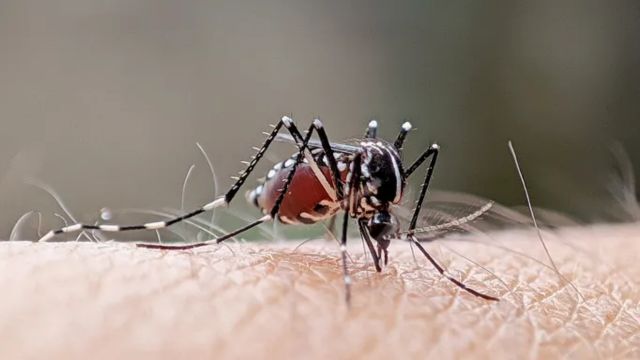18 States have discovered the West Nile virus as mosquito season approaches
The West Nile virus has been identified in at least 18 states, according to the Centers for Disease Control and Prevention. However, doctors caution that the virus seems to be spreading more than usual for this time of summer.
As of June 25, at least seven states—Arizona, Arkansas, Kansas, Maryland, Michigan, Mississippi, and Tennessee—had verified human cases of the virus, according to the CDC.
The virus was found in birds, mosquitoes, and other animals in the remaining 11 states.
Inflammation of the brain or the membranes encircling the brain and spinal cord may have occurred in five of the human infections that produced severe illness and were classified as neuroinvasive.
This kind of illness can cause paralysis, confusion, vision loss, or even a coma. A neuroinvasive infection may be lethal in some circumstances.
For West Nile, there is no known cure or vaccination. People infected with the virus are supported with fluids and painkillers.
Despite the lack of a treatment, the virus is typically overlooked because over 80% of those infected don’t exhibit any symptoms.
Nonetheless, fever, headache, body aches, joint discomfort, vomiting, diarrhea, or rash are frequently experienced by those who do exhibit symptoms. According to the CDC, West Nile is typically left undetected since these symptoms are frequently mistaken for other illnesses.
A CDC press representative named Kate Fowlie provided additional information about the recent surge in cases, which is unusual for this time of year. The United States reports hundreds to thousands of instances annually, with August and September seeing the highest number of cases.
“It’s critical that everyone take precautions to protect themselves and their families from mosquito bites, as we are seeing West Nile virus (WNV) activity a little earlier this year,” Fowlie stated in a statement. “We don’t know precisely how this year will be compared to others because WNV is unpredictable and varies from year to year.”

